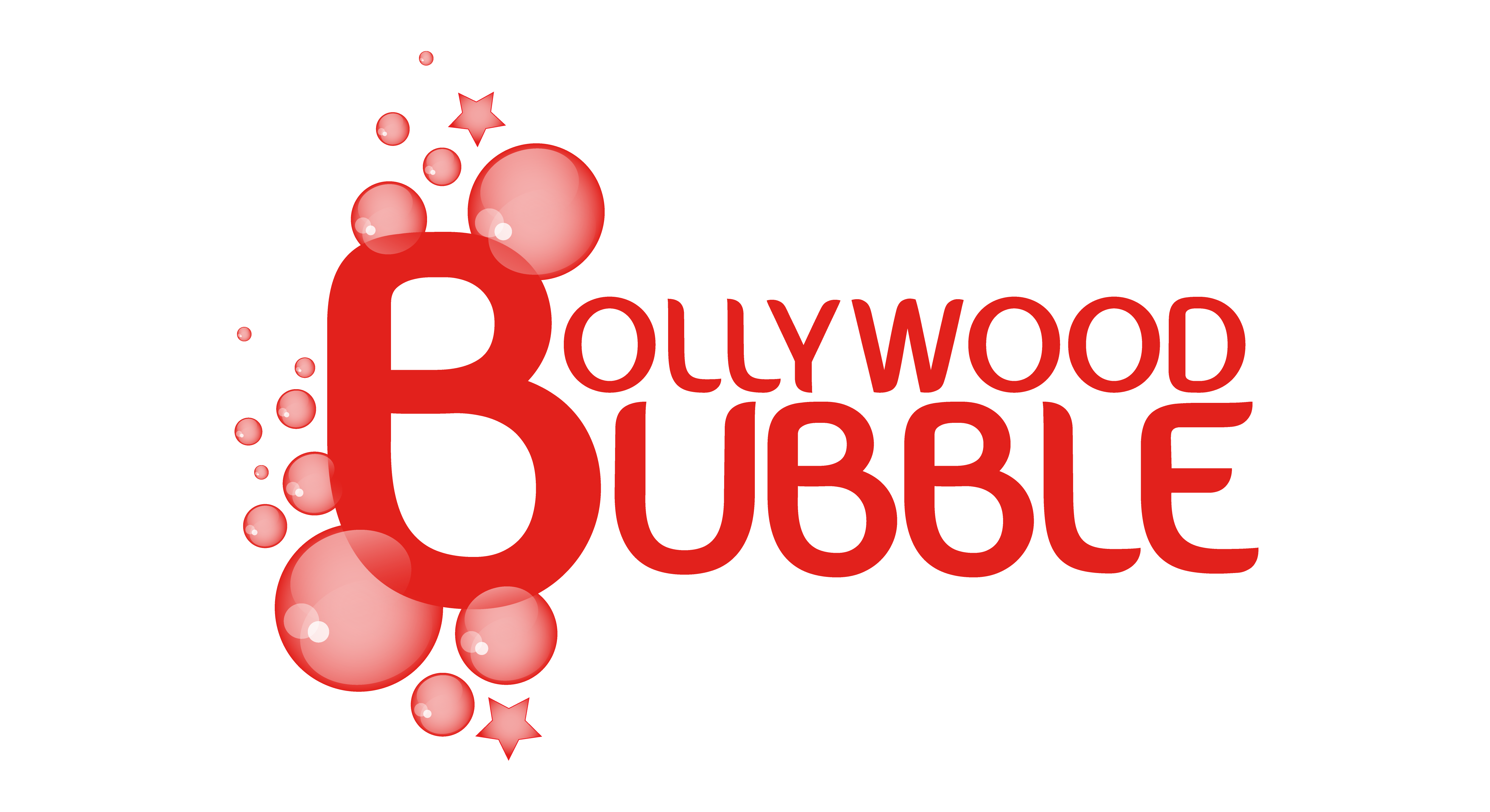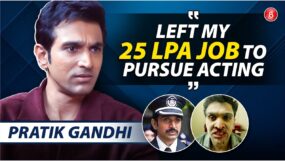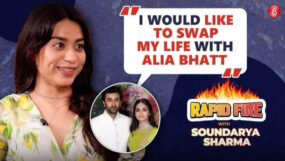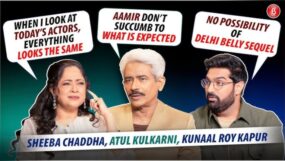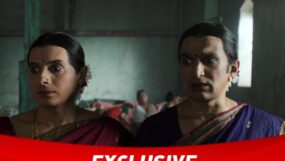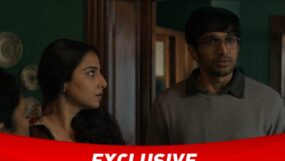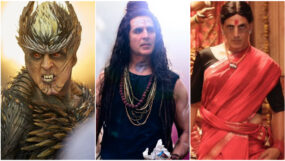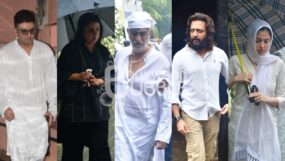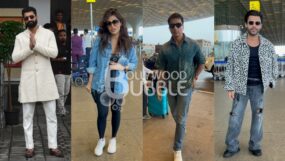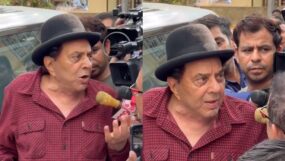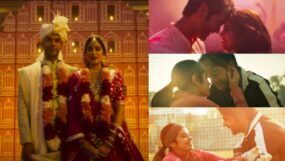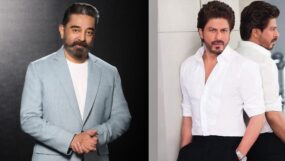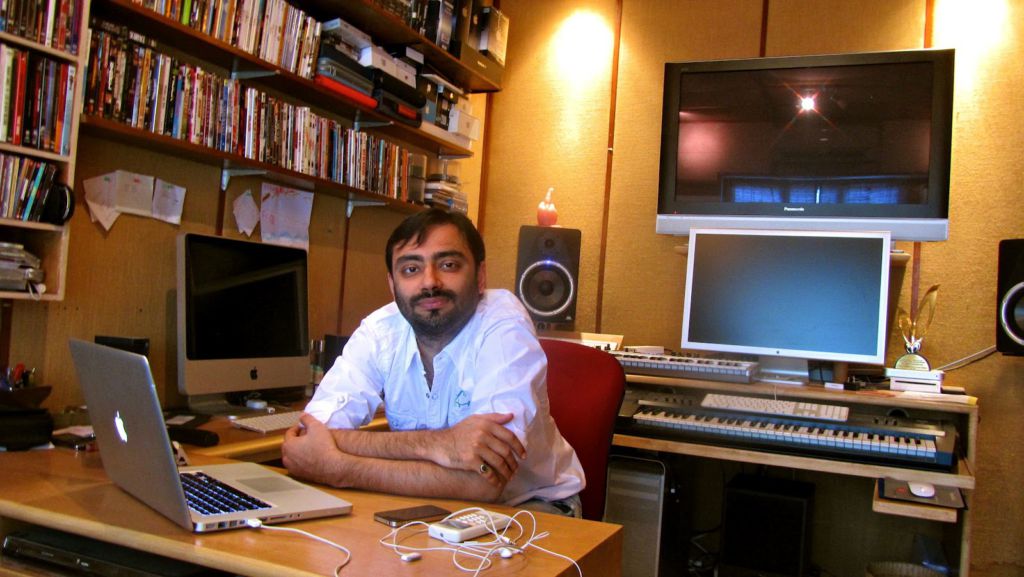
The sounds of new voices and composers are being heard in the Hindi film industry more than ever before, but tackling filmmakers’ rush for “established” names as well as dodging the chance of getting stereotyped is a challenge that many face, says a Bollywood music director.
His association with Bollywood dates back to the early 2000s, but Tapas Relia has come to understand that “you can be a decade old in the industry with 15 small films under you, and still go unnoticed by the big banners”.
“The industry today has a lot of independent producers/directors who are always on the lookout for fresh talent, either because they want a new sound, or because they don’t have lavish budgets, or both,” Relia, who composed unique numbers for the acclaimed “Lakshmi”, told IANS in an email interview.
He admits fresh talent is getting a platform in the industry, but he makes no bones about saying that “the overall situation is still the same if not worse”.
“Big producers with big money would still go to established composers. The industry still suffers from ‘let’s be safe’ syndrome by a large measure,” added Relia, whose credits include the hugely popular ad jingle “Kya aap Close-Up karte hain?”
It opened doors for him to compose for several ad commercials, and his tryst with film assignments began with “Hanuman”, an animation feature film which made spiritual music uber cool. Relia even composed for “Return Of Hanuman”, but then he feared getting typecast.
“Since ‘Hanuman’, practically every (Hindi) animation film that released had been offered to me one way or another. Saying no to so many projects was not easy, but being typecast as the guy who only does animation or spiritual movies was not what I wanted,” added Relia, who later worked on the background score for “Ferrari Ki Sawaari”, and “Lakshmi”.
What are the parameters for getting selected for a big soundtrack?
“Unfortunately, (it is) driven more by your relationships, your PR , your contacts and your status, than pure talent,” added the composer, who grew up in Ahmedabad and shifted base to Mumbai in 1996 for a music career.
He started learning classical piano, clearing seven grades of London’s Trinity College, and then did a summer course at New York University, studying film and multimedia composition and computer music.
A lot of people say technology has contributed to the music industry in a huge way, but at the same time, it has made it easy for anyone to become a singer. Is that true?
“It’s a myth, a notion that has been blown out of proportion. There are pitch correction softwares, I agree. But for them to work, you need to be a good enough singer to begin with. No software can turn a non-singer into a singer so good that you don’t realise it. And contrary to what the layman thinks, these correction softwares are not ‘click-a-button-and-fix’ solutions.
“Minor corrections can take hours and be exhaustive. And no composer in his right state of mind will go through the ordeal just to get a non-singer to sing.
“I will, however, agree that technology has indeed contributed a lot for genuine composers who are always pushing the boundaries to achieve bigger and better results, either in efficiency, saving costs, or collaborations with artists across the globe,” he said.
Nevertheless, he agreed technology has eased out things for non-composers.
“There are lots of easily available softwares that actually help you make a song without you knowing anything about music. And because of that, song writing has hit a new low, with wannabes out there in the market.
“Right now, it is plaguing the independent music scene more than Bollywood though. The onslaught of instinctive and inspired composers is higher than ever before. It’s the first time that we are seeing heaps of so-called composers, who can’t play a single musical instrument, other than the laptop,” he added.
Inputs By IANS
